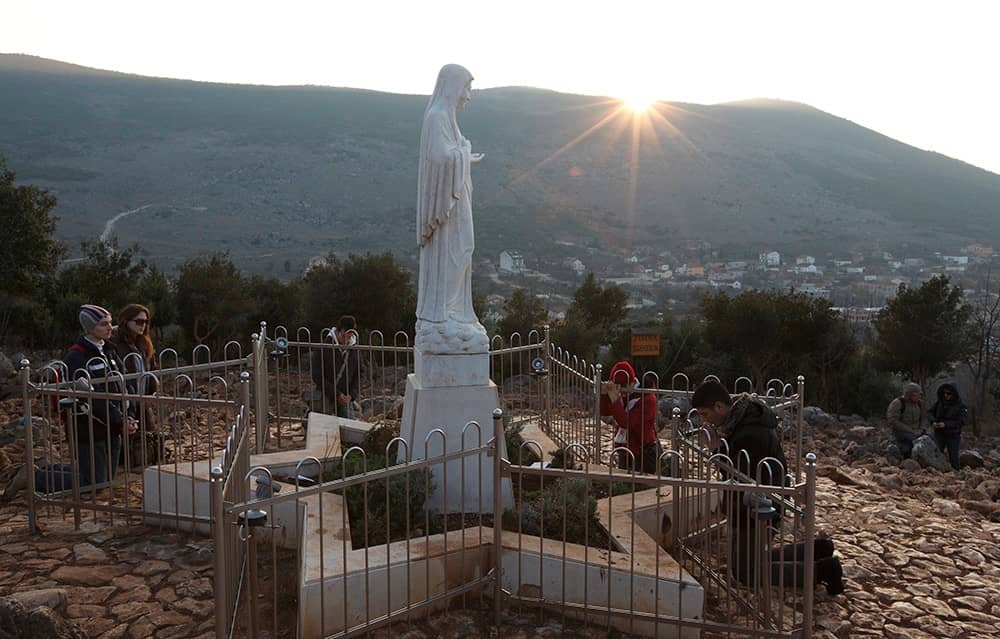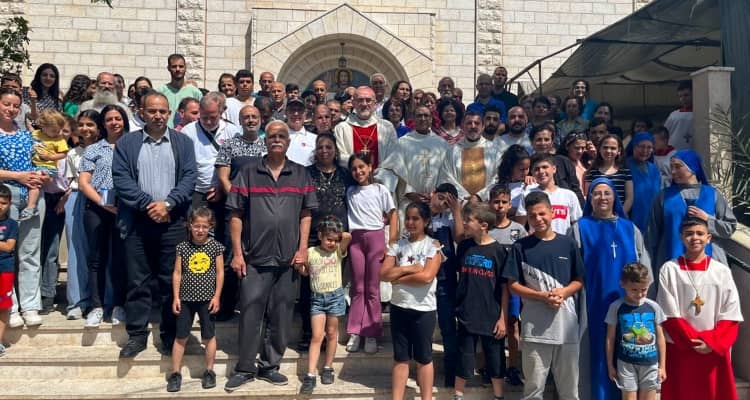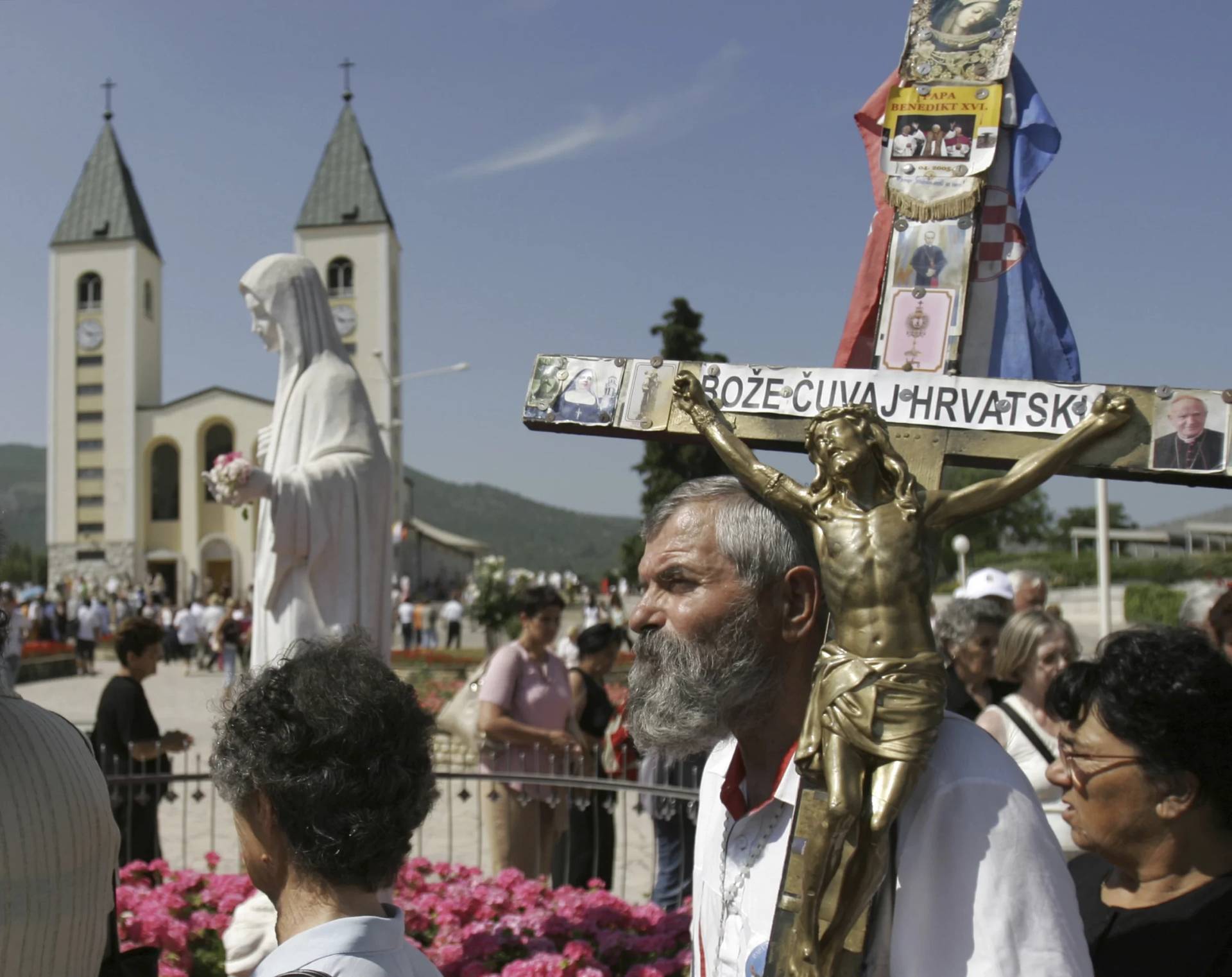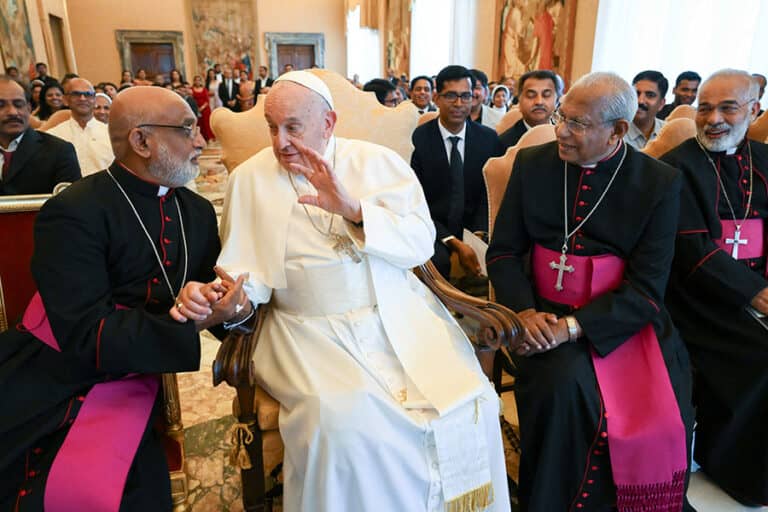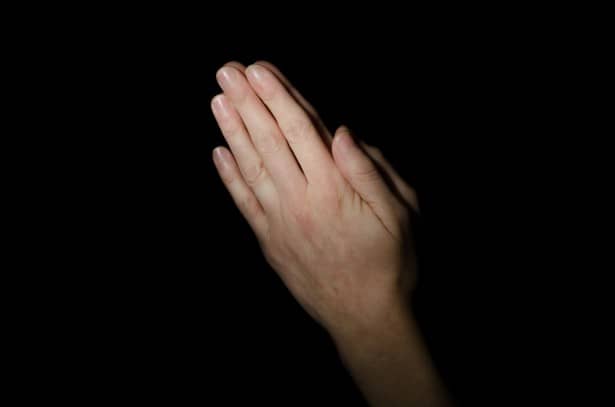The things Donald Trump said about Islam and Muslims during the 2016 presidential campaign cycle are likely still fresh in our minds.
He rarely missed a chance to link Muslims to terrorism by using the phrase “radical Islamic terrorism,” regularly calling out his political opponents for not using these words. In an interview with CNN he baldly stated, “Islam hates us” and that “it’s very hard” to separate extremists from peaceful Muslims. And who could forget his infamous call for a “total and complete shutdown” of Muslim immigration to the United States.
Trump’s campaign, led by the vision of Steve Bannon, operated with the assumption that that there is a “clash of civilizations” between Islam and the contemporary “Judeo-Christian West.” (Alarmingly, this is precisely the narrative being driven by ISIS and Al-Quaeda.) Bannon’s view was backed by influential campaign operatives like Michael Flynn and Stephen Miller.
Flynn has since been fired for lying about his sketchy contacts with Russia (which are now a primary focus of multiple counter-intelligence and criminal investigations), but Miller remains the “Senior Policy Advisor” for the President. Indeed, Miller reportedly wrote the big speech Trump gave in Saudi Arabia today.
The term “Islamophobia” is thrown around quite a bit, but in Miller’s case, the shoe appears to fit. Miller, for instance, was the first national coordinator of the “Terrorism Awareness Project” which has been described by the Southern Poverty Law Center as an anti-Muslim hate group. Miller was also the primary drafter of Trump’s proposed “Muslim ban” executive order on immigration, an order that courts have blocked as likely unconstitutional.
Catholic teaching on respect for non-Christian religions is utterly incompatible with the narrative and approach taken by the Trump campaign. The Church condemns—as “foreign to the mind of Christ”—“discrimination against people or any harassment of them on the basis of their race, color, condition in life or religion.”
In an eyebrow-raising decision, Trump chose to make his first foreign trip to Saudi Arabia, ahead of Israel and the Vatican. Today’s address to a gathering of leaders in Muslim-majority countries was the key point of that trip and, happily, the speech took on a wildly different tone from the one used during the campaign.
He began by insisting that he was “not here to lecture” his Muslim audience. Instead, the President insisted, he came to seek the end of terrorism and the beginning of peace in the Middle East—noting that 95% of the victims of terrorism are Muslim.
And in so doing, Trump insisted that the battle he wants fought is not between those of different faiths or of different civilizations. Quite the contrary, he claims to seek a “partnership” with people who share our “interests and values.” Remarkably, Trump insisted that Islam was “one of the world’s great faiths” with an “ancient heritage” that served as the “cradle of civilization.”
The phrase “radical Islamic terrorism” was not used in the speech.
This new approach is much more in line with Catholic teaching, which utterly rejects the idea that Christians are somehow in a cultural conflict with Muslims. On the contrary, the Church insists that we should “esteem” Muslims as fellow believers in the Last Day and the judgement of the one God on human beings for our sins. Muslims also share a devotion to Jesus and even acknowledge that he was born of a virgin. Their devotion to Mary outpaces that of many of our fellow Christians, even going so far as proclaiming her immaculate conception.
Given these facts, it is hardly surprising that Popes Paul VI, St. John Paul II, Benedict XVI, and Francis have spoken glowingly of Islam.
Muslims are our allies, not only in the struggle against terrorism, but in the broader secular culture as well. Muslims unapologetically live in an enchanted world, and are hyper-resistant to the materialist, reductionist, scientistic view that has come to dominate in so many places. God’s reality and power is everywhere, in all things. Human beings have an obvious spiritual component, the soul, which marks us as beings destined for another reality. Spiritual beings—like angels, jinn, and demons—surround us and interact with us whether we acknowledge it or not.
In many ways, Muslims have a theological confidence Christians increasingly lack when it comes to carving out space to live out their faith. They are natural partners, therefore, when it comes to the struggle for religious freedom. Muslims also share the Christian view that God infuses a rational soul in a human being well before birth. Both early Christians and early Muslims resisted the surrounding pagan cultures which actively practiced abortion and infanticide, and we should be more strongly connected in this resistance today.
These are only a smattering of the reasons the Trump campaign’s “clash of civilizations” narrative was so deeply problematic, but they are also reasons for feeling good about Trump’s new rhetoric. Given Trump’s propensity to change his views, however, it should be clear that we must put pressure on his administration to turn this new and hopeful rhetoric into actual policy.
Charles C. Camosy is Associate Professor of Theological and Social Ethics at Fordham University.







